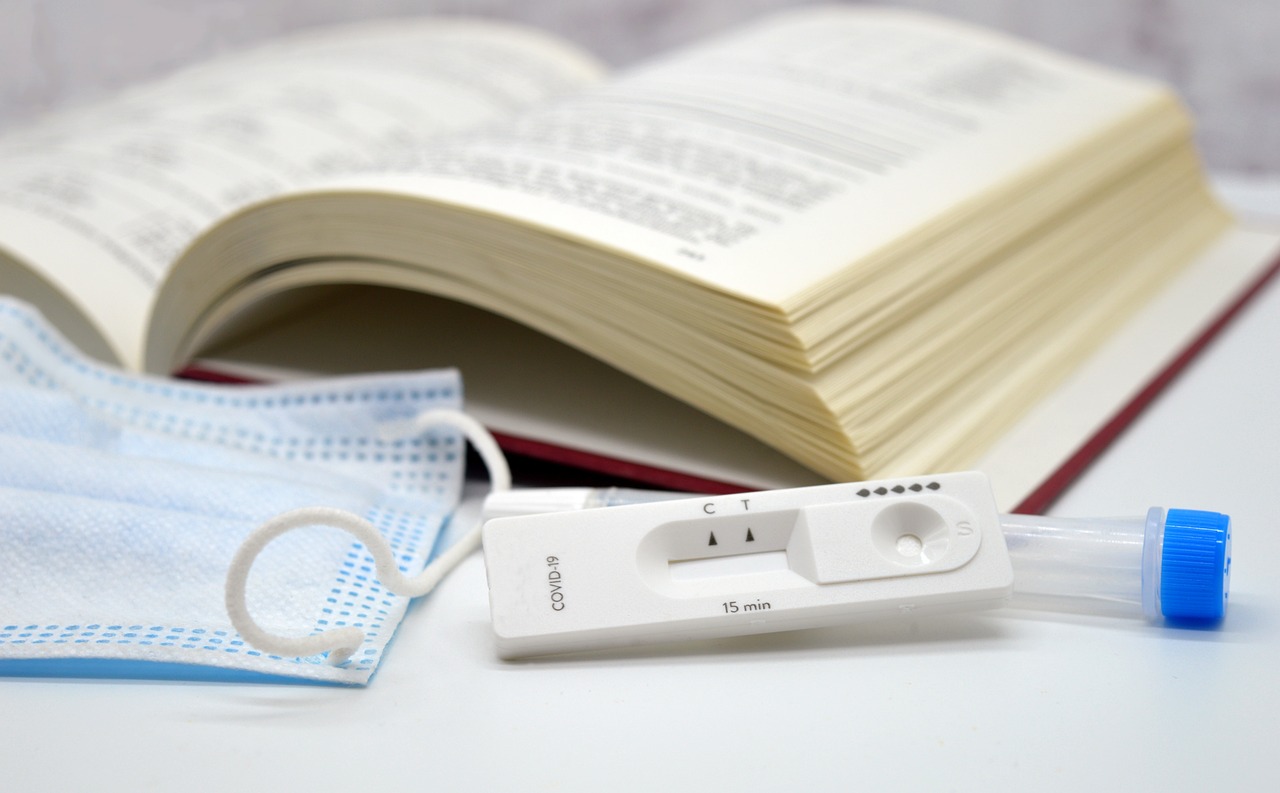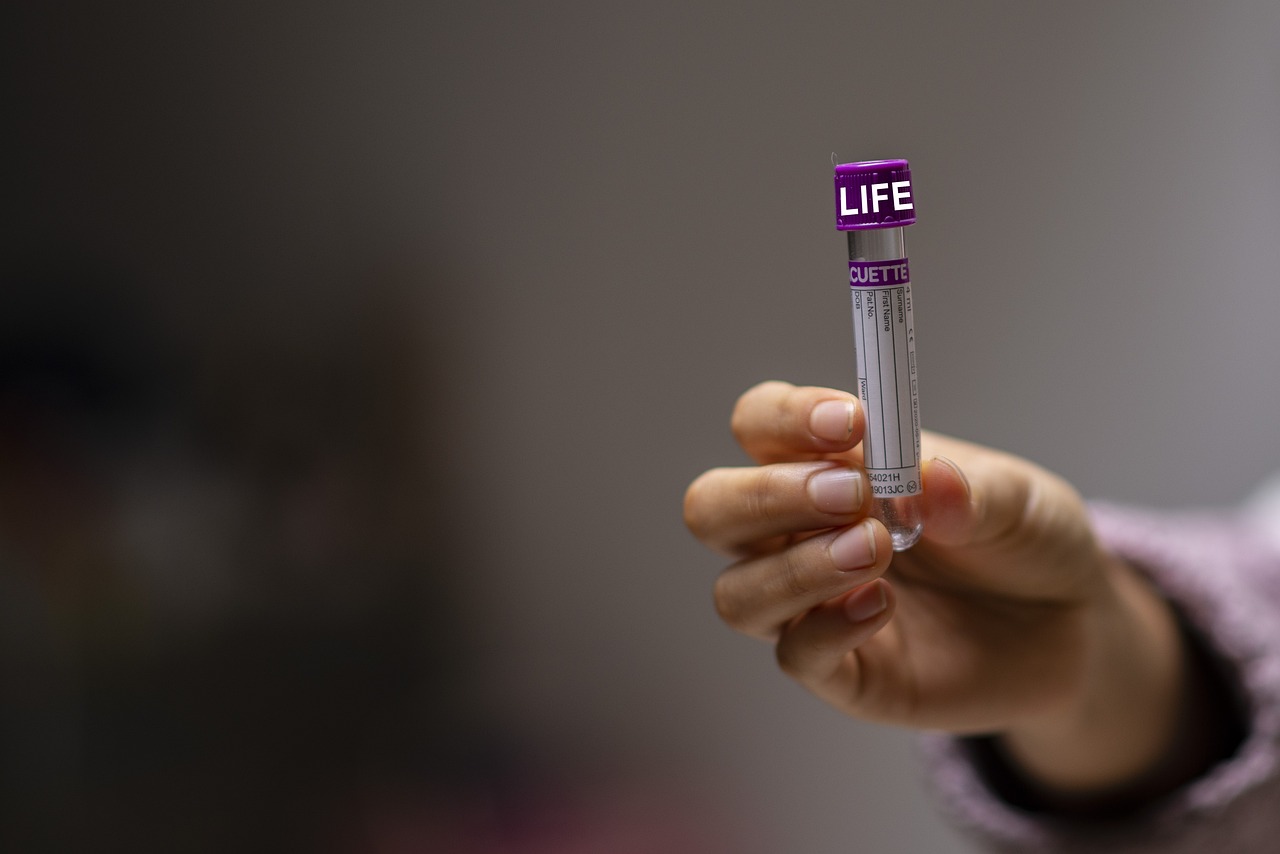The timing of taking a pregnancy test after intercourse is crucial for accurate results. Understanding when and how to take the test can help alleviate anxiety and provide clarity in such situations.

1. Importance of Timing
The timing of taking a pregnancy test after intercourse is crucial for accurate results. Understanding when and how to take the test can help alleviate anxiety and provide clarity in such situations.
When it comes to pregnancy testing, timing is everything. Taking a test too early may result in a false negative, giving you a misleading outcome. On the other hand, waiting too long can also affect the accuracy of the results. It’s like trying to catch a train; you need to be at the station at the right time to board it.
Factors such as the concentration of the pregnancy hormone hCG in your body play a significant role in the accuracy of the test. Your menstrual cycle length and regularity also impact when the test will be most reliable. It’s like baking a cake; you need the right ingredients in the correct proportions for it to turn out just right.
Imagine taking a pregnancy test as a detective solving a mystery. You need to gather all the clues at the right time to uncover the truth. Similarly, timing your test correctly ensures that you get the most reliable results, giving you the information you need to make informed decisions.
In the world of pregnancy testing, timing is your best friend. It can make the difference between a result that brings relief and one that causes unnecessary worry. So, remember, timing is key when it comes to taking a pregnancy test after intercourse.

2. Early Pregnancy Testing
Early pregnancy testing plays a crucial role in detecting pregnancy at the earliest stages. By understanding the sensitivity and reliability of these tests, individuals can gain valuable insights into their reproductive health. These tests are designed to detect the presence of the pregnancy hormone hCG in the body, even before a missed period occurs.
When considering early pregnancy testing, it’s important to be aware of the various factors that can influence the accuracy of the results. Factors such as the sensitivity of the test, the timing of testing in relation to ovulation, and individual variations in hCG levels can all impact the reliability of the test results.
Some early pregnancy tests claim to provide accurate results as soon as a few days before a missed period. These tests are designed to detect lower levels of hCG in the urine, offering individuals the opportunity to confirm pregnancy early on. However, it’s essential to follow the instructions carefully to ensure the test is performed correctly.
Additionally, seeking guidance from healthcare professionals or counselors before opting for an early pregnancy test can provide individuals with the necessary support and information. Understanding the limitations and potential risks associated with early testing can help individuals make informed decisions about their reproductive health.

3. Factors Affecting Test Accuracy
When it comes to the accuracy of pregnancy tests, several factors play a significant role in determining the reliability of the results. Understanding these factors can help individuals navigate the process with more clarity and confidence.
One crucial aspect that can affect the accuracy of a pregnancy test is the type of test being used. Different tests vary in their sensitivity levels and detection methods, impacting when they can provide reliable results.
The level of pregnancy hormone (hCG) in the body is another critical factor. The concentration of hCG can vary among individuals and at different stages of pregnancy, influencing the test results.
Individual menstrual cycles can also impact the accuracy of a pregnancy test. Irregular cycles or variations in ovulation timing can affect when the best time to take the test is for optimal results.
Moreover, factors such as medications or medical conditions can potentially interfere with the accuracy of the test. It is essential to consider any external influences that may affect the test results.
By being aware of these factors and their potential impact on test accuracy, individuals can make more informed decisions regarding when and how to take a pregnancy test. Seeking guidance from healthcare professionals can also provide valuable insights and support throughout the process.

4. Different Types of Pregnancy Tests
When it comes to pregnancy testing, there are various types of tests available to women. Understanding the differences between these tests is crucial in making an informed decision about which one to use. Let’s delve into the various types of pregnancy tests:
1. Urine Tests: These are the most common type of pregnancy tests that can be easily done at home. They work by detecting the presence of human chorionic gonadotropin (hCG) hormone in the urine, which is produced during pregnancy. Urine tests are convenient, affordable, and provide quick results.
2. Blood Tests: Blood tests are conducted at a healthcare provider’s office and can detect pregnancy earlier than urine tests. There are two types of blood tests: qualitative, which confirms the presence of hCG, and quantitative, which measures the exact amount of hCG in the blood. Blood tests are more sensitive and accurate but are usually more expensive and take longer to provide results.
3. Digital Tests: Digital pregnancy tests work similarly to traditional urine tests but provide results in a digital format, such as displaying “pregnant” or “not pregnant” on a screen. These tests are easy to read and eliminate the need for interpreting faint lines, making them user-friendly for many women.
4. Early Result Tests: These tests claim to detect pregnancy before a missed period, offering results as early as a few days before the expected period. They are highly sensitive to low levels of hCG and can provide early confirmation of pregnancy, providing peace of mind to women who are eager to know sooner.
Knowing the differences between these types of pregnancy tests can help individuals choose the most suitable option based on their preferences, needs, and timing. It’s essential to consider factors such as accuracy, convenience, cost, and sensitivity when selecting a pregnancy test.

5. Counseling and Support
Seeking counseling and support during the process of taking a pregnancy test is crucial for emotional well-being and guidance, regardless of the outcome. It’s essential to have a support system in place to navigate through the potential uncertainties and emotions that may arise. Here are some ways counseling and support can be beneficial:
- Emotional Assistance: Professional counseling can provide emotional support and a safe space to express feelings and concerns about the possibility of being pregnant.
- Guidance and Information: Counselors can offer valuable information about pregnancy, options available, and the next steps to take based on the test results.
- Decision-Making Support: Having a support system can help in making informed decisions about the next steps, whether it involves continuing the pregnancy, considering options, or seeking medical assistance.

6. Next Steps After a Positive Test
After receiving a positive pregnancy test result, it is essential to take the next steps promptly and responsibly. The first and most crucial action is to schedule an appointment with a healthcare provider, preferably an obstetrician or gynecologist. This visit will confirm the pregnancy and allow for discussions on prenatal care options and health recommendations.
Additionally, it is advisable to start taking prenatal vitamins containing folic acid to support the healthy development of the fetus. These supplements are crucial in preventing birth defects and ensuring the well-being of both the mother and the baby. Maintaining a balanced diet and staying hydrated are also vital during this time.
Furthermore, it is essential to make lifestyle adjustments to ensure a healthy pregnancy. This includes avoiding harmful substances such as alcohol, tobacco, and certain medications that can pose risks to the developing fetus. Regular exercise and sufficient rest are also recommended to support overall well-being.
Emotional support is equally important after receiving a positive pregnancy test. Discussing feelings, concerns, and plans with a partner, family members, or a counselor can help alleviate stress and anxiety. Building a strong support system can provide comfort and guidance throughout the pregnancy journey.
Finally, exploring options and making informed decisions about prenatal care, birthing plans, and parenting choices is crucial. Understanding the available resources, including childbirth classes, support groups, and healthcare services, can help in preparing for the upcoming changes and challenges.